ACTRESS
Sandra Louise Anderson (née Smith; May 28, 1944 – November 3, 2018), professionally known as Sondra Locke, was an American actress and director. She made her film debut in 1968 in The Heart Is a Lonely Hunter, for which she was nominated for an Academy Award for Best Supporting Actress. Locke went on to star in such films as Willard, The Outlaw Josey Wales, The Gauntlet, Every Which Way But Loose, Bronco Billy, Any Which Way You Can and Sudden Impact. On each film (with the exception of the former), she had worked with Clint Eastwood, who was her companion for 13 years. Locke's autobiography, The Good, the Bad, and the Very Ugly – A Hollywood Journey, was published in 1997.
Sandra Louise Smith was born on May 28, 1944, in Madison County, Alabama to New York City native Raymond Smith, then serving in the military, and Pauline Bayne, a pencil factory worker from Huntsville, Alabama. Her parents separated before her birth. In her autobiography, Locke noted that "although Momma would not admit it, I knew Mr. Smith never married my mother." She had a maternal half-brother, Donald (b. April 26, 1946) from Bayne's subsequent brief marriage to William B. Elkins. When Bayne married Alfred Locke in 1948, Sandra and Donald adopted his surname. She grew up in Shelbyville, Tennessee, where her stepfather owned a construction company.
Locke was a cheerleader and class valedictorian in junior high. She attended Shelbyville Central High School, where she was again valedictorian and voted "Duchess of Studiousness" by classmates, graduating in 1962. She then enrolled at (but did not graduate from) Middle Tennessee State University, majoring in Drama. She was a member of the Alpha Psi Omega honor society while at MTSU and appeared onstage in Life with Father and The Crucible.
Locke held a number of jobs, including as a bookkeeper for Tyson Foods and secretary in a real-estate office. Later, she worked in the promotions department for WSM-TV in Nashville when she lived there for approximately three years and modeled for The Tennessean fashion page. At age 23 she changed the spelling of her first name to avoid being called Sandy.
In 1967, Locke won a nationwide talent search for the part of Mick Kelly in a big-screen adaptation of Carson McCullers' novel The Heart Is a Lonely Hunter opposite Alan Arkin. Prior thereto, she had acted in television commercials and starred in some half-dozen theater productions for Circle Players Inc. Heart was released to critical acclaim in the summer of 1968, garnering Locke the Academy Award nomination, as well as a pair of Golden Globe nominations for Best Supporting Actress and Most Promising Newcomer.
Her next role was as Melisse in Cover Me Babe (1970), originally titled Run Shadow Run, opposite Robert Forster. It was announced that she would play the lead in Lovemakers, a film adaptation of Robert Nathan's novel The Color of Evening, but no movie resulted. Locke was offered Barbara Hershey's role in Last Summer (1969), but her agent turned it down without telling her. Shortly afterwards she passed up the lead in My Sweet Charlie (1970), which won an Emmy for its eventual star Patty Duke.
In 1971, Locke co-starred with Bruce Davison and Ernest Borgnine in the psychological thriller Willard, which became a box office hit. She was featured in William A. Fraker's underseen A Reflection of Fear (1972), and held the title role in The Second Coming of Suzanne (1974), winner of three gold medals at the Atlanta Film Festival.
Locke guested on television drama series during the first half of the 1970s, including The F.B.I., Cannon, Barnaby Jones and Kung Fu. In the 1972 Night Gallery episode "A Feast of Blood", she played the victim of a curse planted by Norman Lloyd; the recipient of a brooch that devoured her. Lloyd acted with her again in The Gondola (1973), a three-character teleplay with Bo Hopkins, and remarked that Locke gave "a beautiful performance – perhaps her best ever."
Her career reached a turning point in 1975, when she took a supporting role in The Outlaw Josey Wales as the love interest of Clint Eastwood's eponymous character. This was followed by a lead role alongside Eastwood in the hit action film The Gauntlet (1977). Over the course of their personal relationship, Locke did not work in any capacity on any theatrical motion picture other than with him except for 1977's western The Shadow of Chikara. The home invasion film Death Game, though released after they became an item, was actually shot in 1974.
In 1978, Locke and Eastwood appeared with an orangutan named Manis in that year's second highest-grossing film, Every Which Way But Loose. She portrayed country singer Lynn Halsey-Taylor in the adventure-comedy. Its 1980 sequel, Any Which Way You Can, was nearly as successful. Locke recorded several songs for the soundtracks of these films and performed live in concert with The Everly Brothers, Eddie Rabbitt and Tom Jones.
Locke starred as a bitter heiress who joins a traveling Wild West show in Bronco Billy (1980), her only film with Eastwood not to reach blockbuster status. She cited Bronco Billy and The Outlaw Josey Wales as her favorites of the movies they made together. The couple's final collaboration as performers was Sudden Impact (1983), the highest-grossing film in the Dirty Harry franchise, where Locke played an artist with her own code of vigilante justice. Eastwood then directed Locke in the 1985 Amazing Stories episode "Vanessa in the Garden".
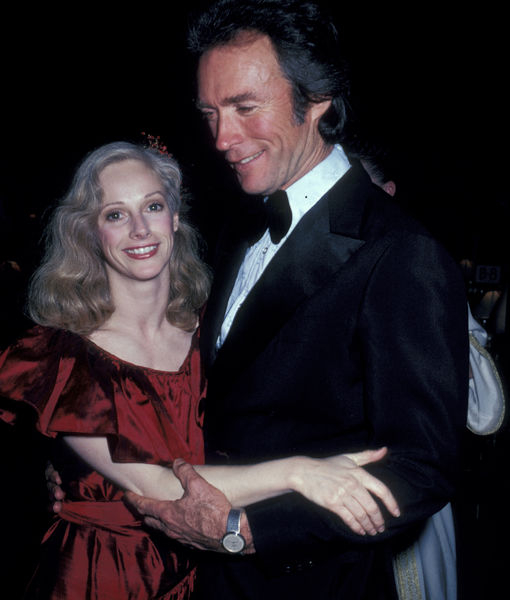
 Amanda S. Stevenson
Amanda S. Stevenson 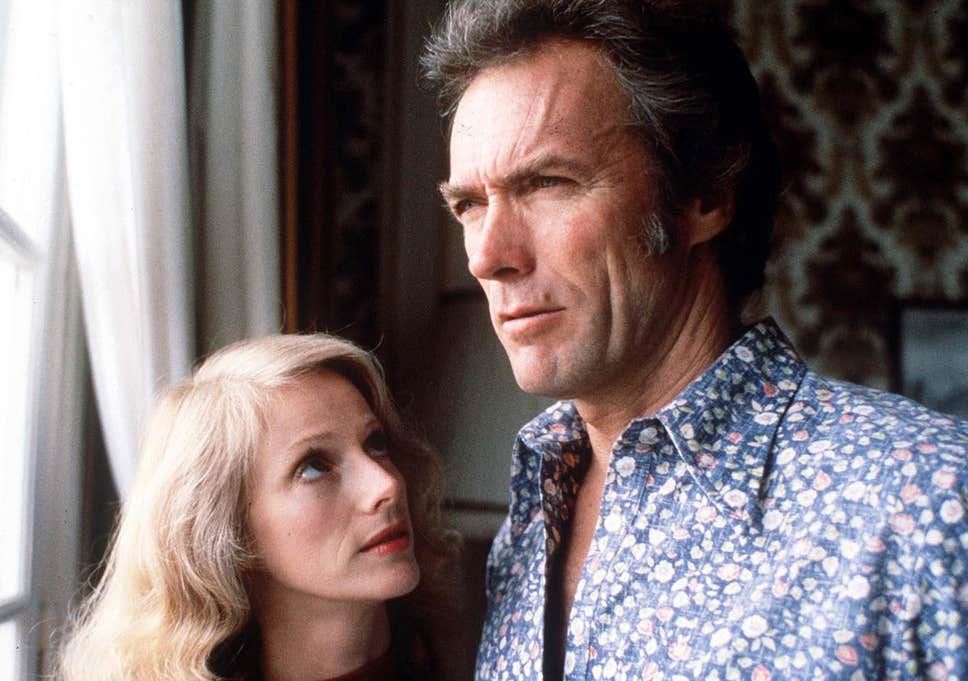
 Amanda S. Stevenson
Amanda S. Stevenson 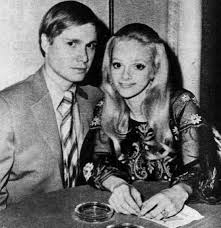
 Amanda S. Stevenson
Amanda S. Stevenson 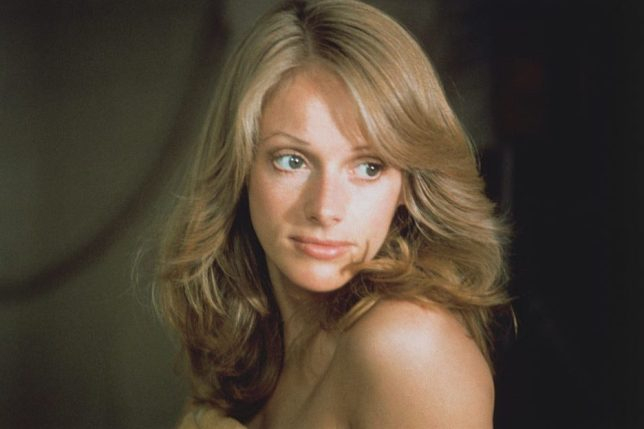
 Amanda S. Stevenson
Amanda S. Stevenson 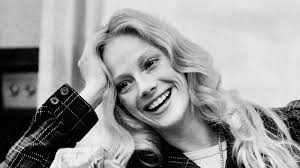
 Amanda S. Stevenson
Amanda S. Stevenson 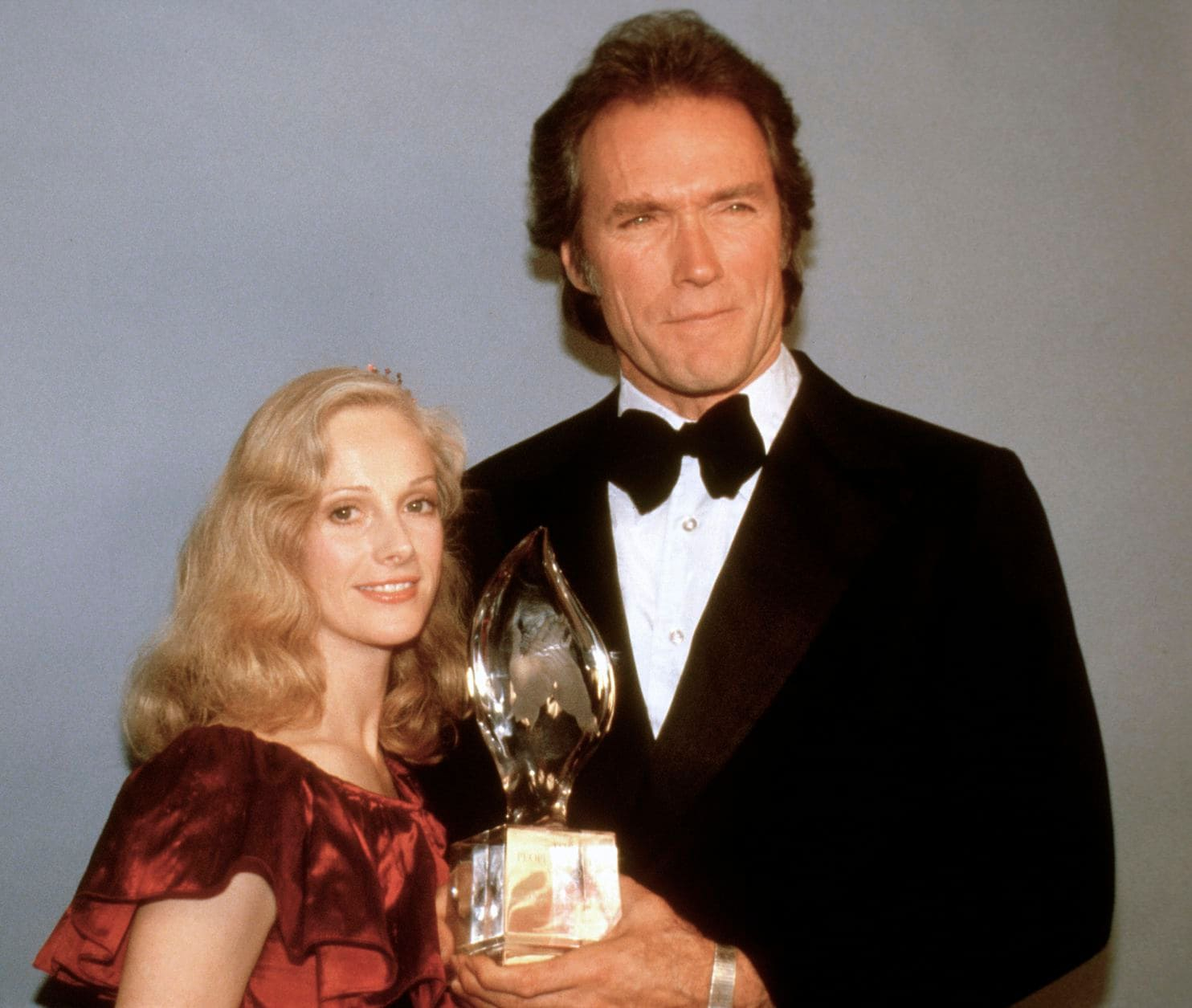
 Amanda S. Stevenson
Amanda S. Stevenson 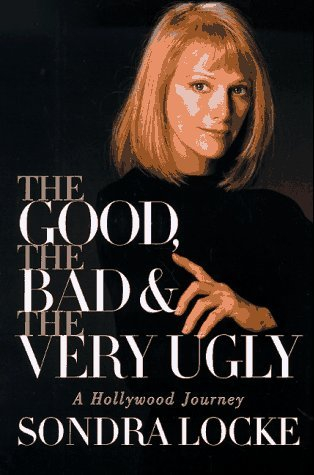
 Amanda S. Stevenson
Amanda S. Stevenson 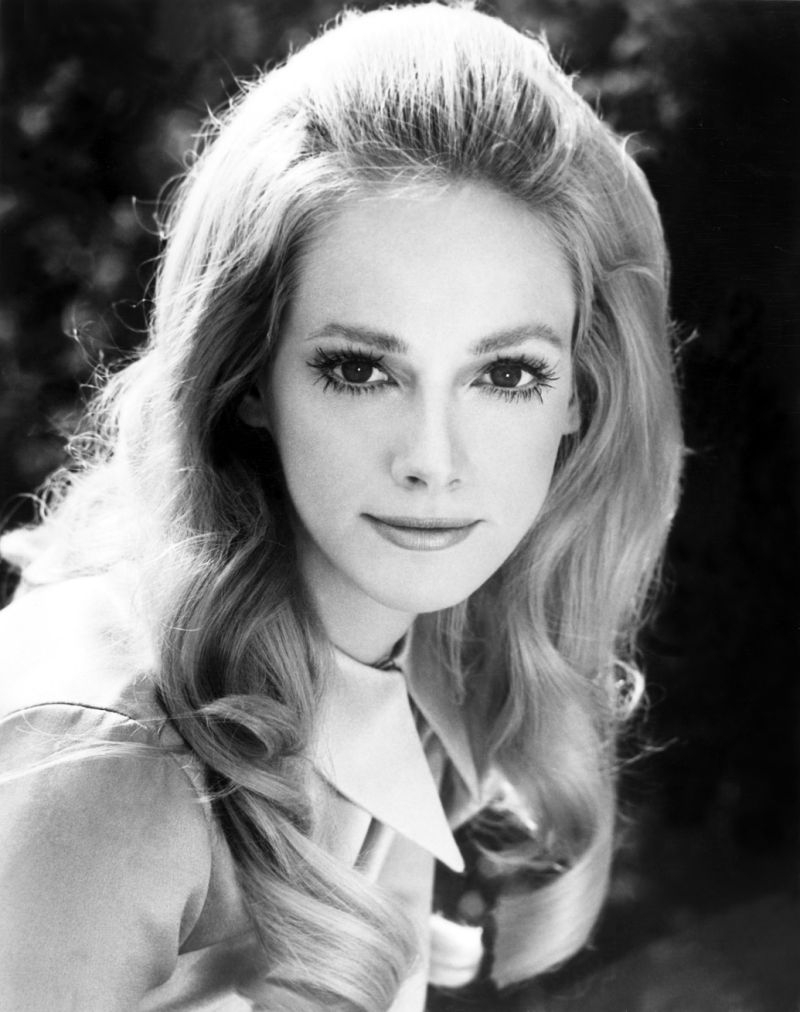
 Amanda S. Stevenson
Amanda S. Stevenson 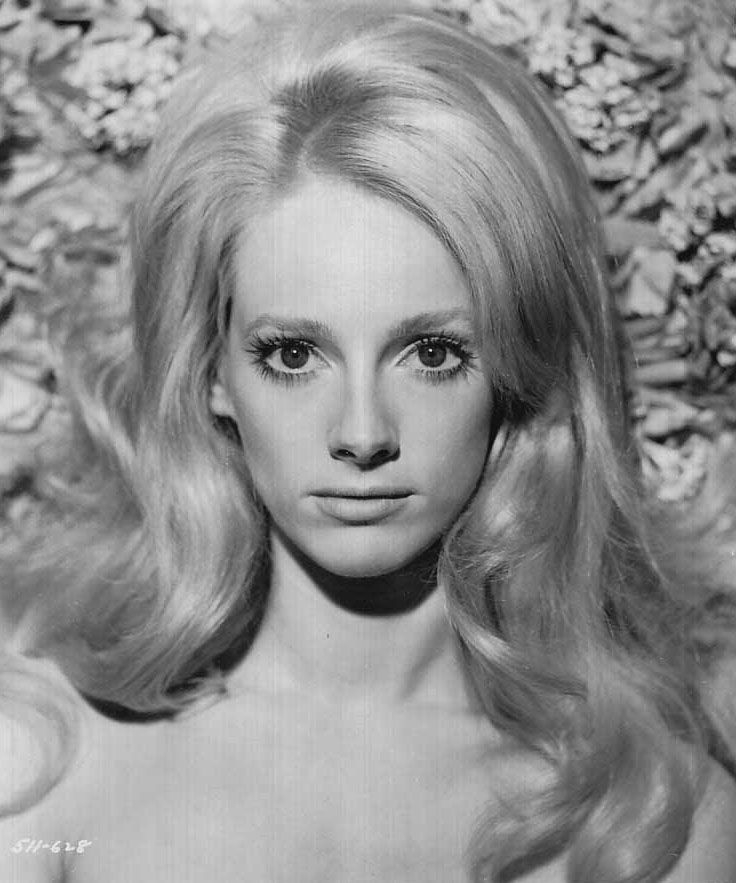
 Amanda S. Stevenson
Amanda S. Stevenson 